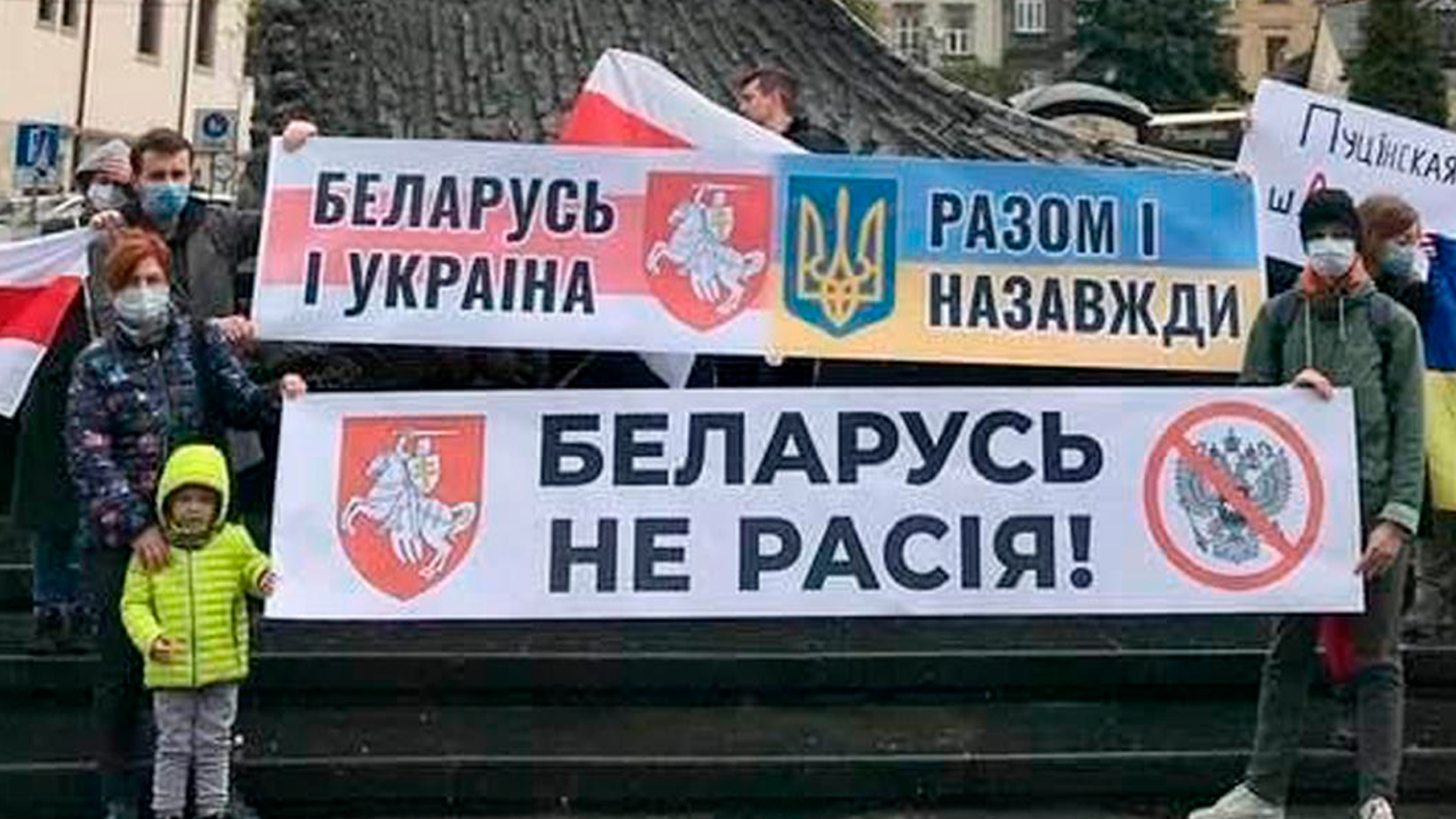Since the beginning of the war, Lviv has received hundreds of thousands of refugees. They are helped also by the Belarusian Crisis Center, which was established here in 2020 to support political emigrants from Belarus.
“In the first days of the war, we collected the data of all Belarusians in Lviv who could accept refugees, calculated how many sleeping places could be arranged. We passed the information on to local initiatives that dealt with temporary migrants. The Belarusians accommodated 50 to 200 people a day,” – says the head of the Belarusian crisis center in Lviv, Oleksiy Frantzkevych. The center appeared in 2020 to help the Belarusians who fled political persecution. But the war in Ukraine made adjustments to the work of the center.
Crisis center before the war
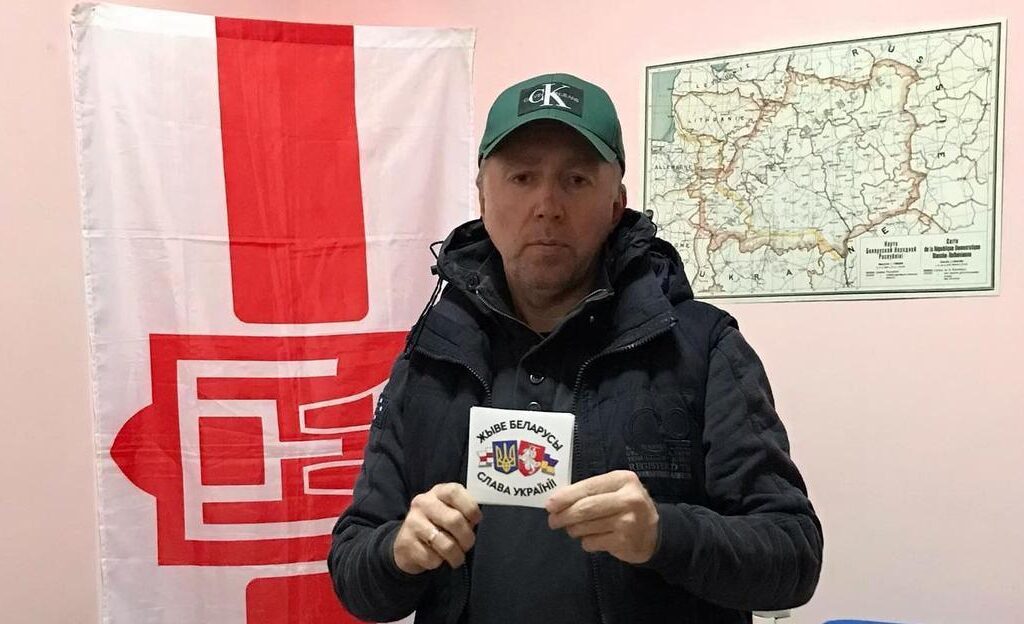
After the protests of 2020 and the repressions that followed them, many Belarusians were forced to flee political persecution abroad. For some of them, Lviv was a transit city where they could get a Polish humanitarian visa and move on to the EU, but many, having arrived here, decided to stay. To help such Belarusians, Oleksiy Frantzkevych, who had extensive experience working in charitable organizations, created a crisis center.
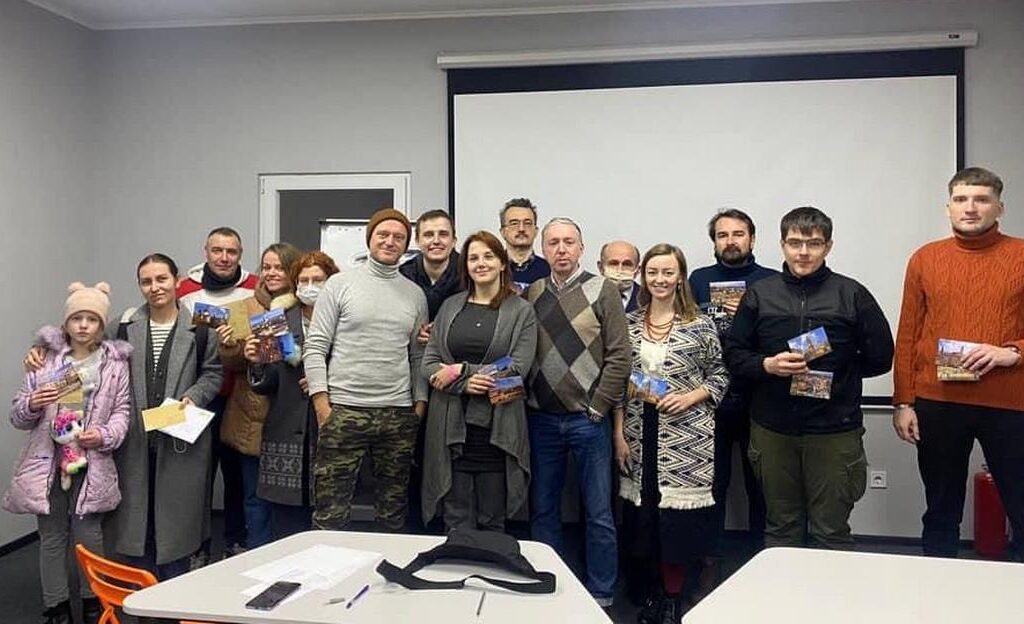
“The Belarusians had issues with legalization, they needed legal and psychological help, housing and work,” recalls Frantzkevich. “Also, we were surprised, but one of the first to contact us were the Belarusian military volunteers who fought in Ukraine since 2014. It turned out that they also have a lot of problems and issues related to legalization and their status in Ukraine.”
In addition to assistance to the Belarusians, the crisis center held solidarity actions and cultural events. The Volunteers opened a school in Lviv where everyone could learn Belarusian and Ukrainian languages for free.
The crisis center launched a hotline
With the beginning of the war, the Belarusian crisis center did not cease to exist, but, on the contrary, expanded its activities. Oleksiy Frantzkevych admits that he decided not to leave Ukraine because he understood that he is needed here. The center began to help with the evacuation of people from the most dangerous regions, organized the reception of refugees in Lviv, volunteers almost non-stop took people to the border crossings.
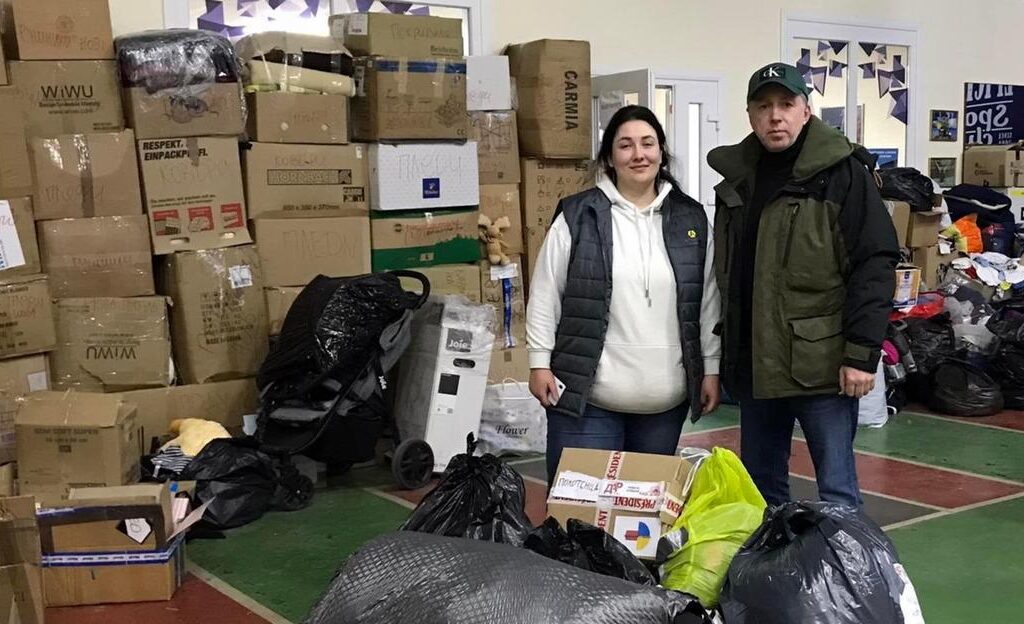
The crisis center launched its hotline. According to Oleksiy, not only the Belarusians call her, but also the Ukrainians. The problems are different. In March, volunteers from Lviv were involved in the evacuation of the Belarusian family with four children from Bucha, which had spent several weeks under occupation. Recently, a man whose apartment and all his documents burned down contacted the center, and now we are also trying to help him.
Belarusian volunteers collect humanitarian aid: toys for Ukrainian orphans, tourniquets and bandages – for territorial defense, medicines – for Belarusian volunteers and the Lviv military hospital, basic necessities – for the refugee accommodation center in Lviv.
According to Oleksiy Frantskevych, Belarusian diasporas in different countries are of great help, but at the beginning the volunteers bought the “humanitarian goods” buy at own expense, in many cases, it was the last money as since the beginning of the war, the National Bank of Ukraine blocked the accounts of the Belarusians as the citizens of the co-aggressor country.
The Belarusians who left at the beginning of the war are returning back to Ukraine
“The first days were not easy for our volunteers, some were forced to leave Ukraine, not because they wanted to escape the war, but as they were left destitute: no funds for rent, food. Just recently we agreed on unblocking the accounts of the Belarusians on an individual basis, first of all, we are talking about our volunteers,” Frantzkevych says.
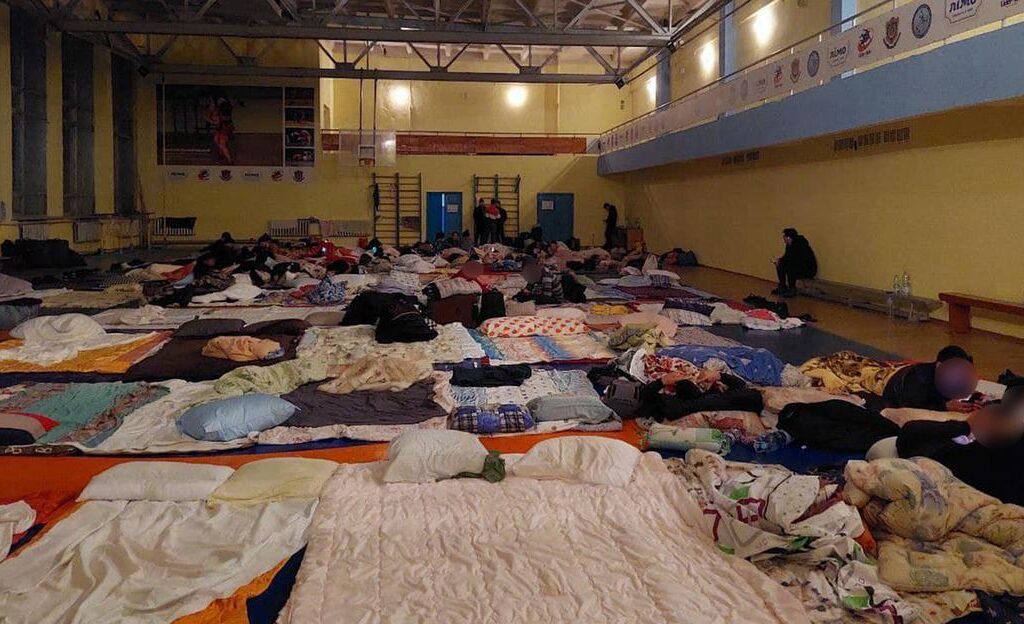
The crisis center in Lviv supports Belarusian volunteers in Bucha, Kharkiv and other war-torn cities. According to Oleksiy, it is important to talk about the fact that the Belarusians help Ukraine, so that both the Ukrainians and the world community understand the difference between the Belarusians and the Lukashenko regime.
“We have opened an information center in Lviv, which tells about what the Belarusians are doing, both in Ukraine and in Belarus, to bring our common victory closer,” Frantskevich notes. “By the way, many Belarusians who left Ukraine at the beginning of the war started coming back. People want to be helpful.”
